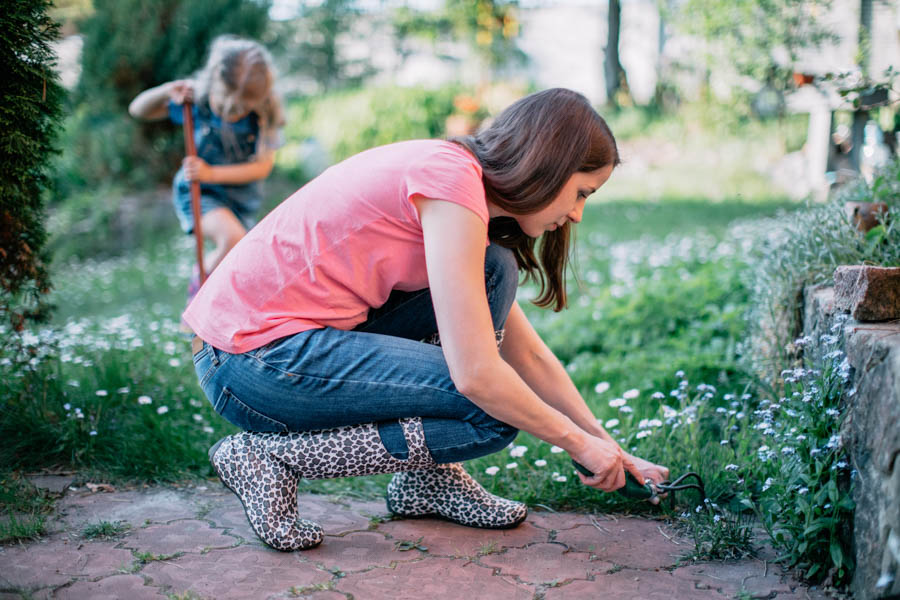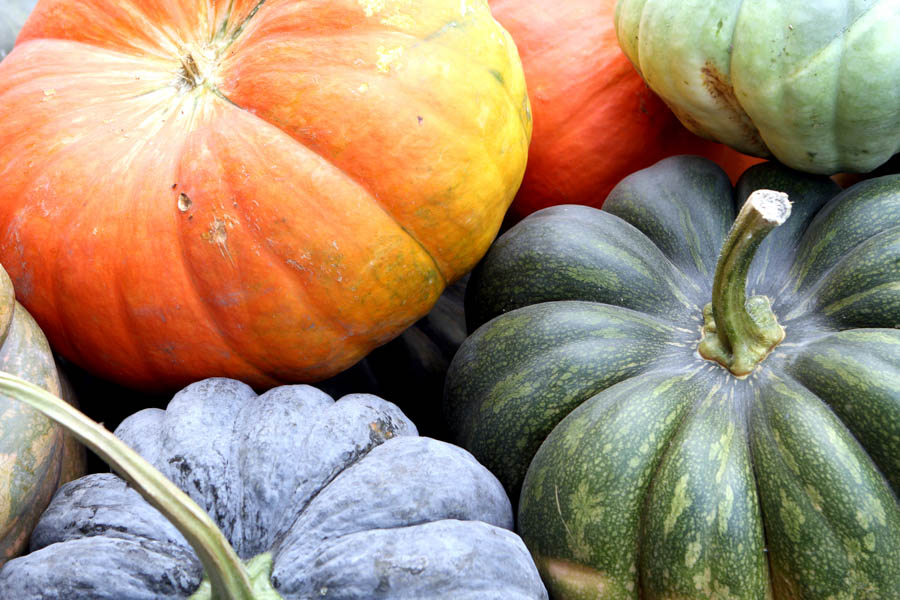Gardening as a Refuge in Troubled Times

If you haven’t felt it yet, undoubtedly you will at some point in the coming weeks and months: frustration, weariness, or the numbness that follows prolonged stress. When faced with perpetual uncertainty during the Coronavirus pandemic, with many options for relaxation and fun curtailed or unavailable, gardening may be one of the very best candidates for enjoyment and relief. It’s one of the best ways I know not just to get by but to enjoy life.
Why has there been a run these past days and weeks on toilet paper rather than garden seeds? How long are we spending following news rather than focused on the vibrant life that still surrounds us? Time at home may allow for a return to soil and plants and rediscovery of the pleasure and natural beauty that await us with each new leaf, flower, and each sprouted seed.
Once any urgent priorities are met, why not relax by starting seeds for quick-harvest baby veggies, healthy greens, herbs, pea greens, and radishes to have fresh eating over the next few weeks. Then start robust longer-season veggies from tomatoes to squash, and from brassicas and melons to corn if it grows well in your climate, along with at least one or two varieties of something that perhaps you haven’t grown before. What will be more sustaining two months from now, extra paper products in a back-room cabinet or fresh homegrown veggies for soups and home cooking?
Most garden tasks meet the CDC recommendations for social distancing, from soil testing to planting, from constructing or repairing raised beds to refreshing mulch sustainably by using materials that you might otherwise put into your green bin, from setting up a new compost bin or pile to harvest and cooking.
Gardening has a long list of proven health benefits beyond nutrition, from being naturally calming and restorative to productive exercise that will help you sleep each night. A return to interaction with nature can provide perspective during uncertainty, give space and clarity for problem-solving, and support the resilience you’ll need for moving forward.
Is it too much to hope for panic purchasing of seeds, plants, and trees that support a strong immune system? Winter citrus season in California dovetails with the cold and flu season. I’m making an effort to eat at least one citrus fruit per day for extra Vitamin C. Guavas, kiwi fruits, brassicas, strawberries, and some melons are also high in Vitamin C. All of these can be grown in many areas throughout California. It’s not too late to plant berries and fruit trees, even in most hot-summer areas. It’s possible and even easy to grow superfoods at home.
How long will your kids be home from school? Try using gardening as a universal classroom. Almost any topic from many sciences to math, from history and literature to economics and geography, from cultural studies to arts and crafts, can be taught in the garden and through garden activities.
Gardening brings something new and life-sustaining every day. It’s one of the best supports for endurance and courage that I know or can imagine. We just might find that gardening is a sensible and important part of home strategy for response to the pandemic, not so much for survival food, but for refuge, relaxation, health, and happiness.
GardenZeus has plenty of information to help you get started growing fruits and vegetables, whether you are an expert gardener or complete novice. Much of our information is customized by growing area. To get started, click here.
Articles of interest for novice gardeners include:
How to Choose the Best Seeds for California Gardens
The GardenZeus Guide to Starting Tomato Seeds
Container Gardening: Cucumber, Corn, Snap Peas and Eggplant
And for the more experienced gardener:
Timing for Growing Halloween Pumpkins in Hot Summer Areas
